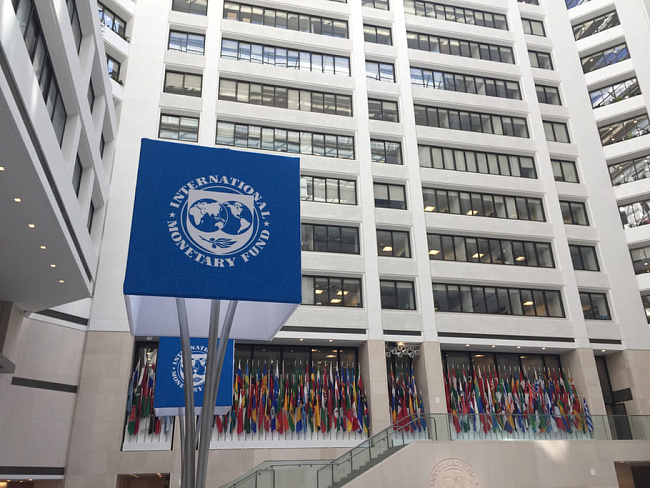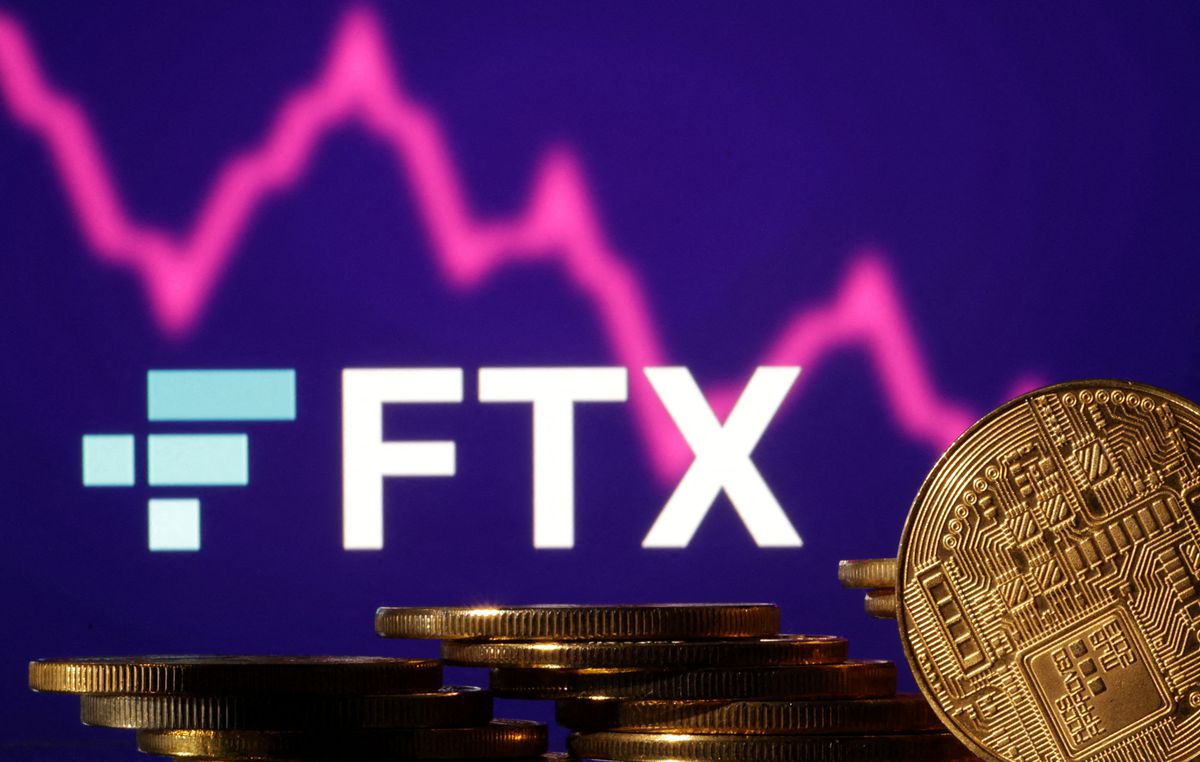Salvador Makes Concessions to the IMF, but Much Remains Unchanged

Salvador Makes Concessions: In recent developments, El Salvador has taken steps to meet certain demands from the International Monetary Fund (IMF). These concessions aim to secure much-needed financial support and stabilize the country’s economic trajectory. However, many fundamental aspects of the country’s financial and political landscape remain untouched, Sharp Decline in Shiba Inu Price Worries Investors leaving significant questions about the long-term implications of these measures.
The Nature of Concessions
El Salvador’s government has agreed to implement a series of policy changes to align with IMF recommendations. These include increased transparency in public finances, reforms in tax collection to improve revenue generation, and measures to mitigate fiscal deficits. One notable move was the government’s pledge to enhance its reporting standards for cryptocurrency transactions, addressing global concerns about the risks associated with Bitcoin’s adoption as legal tender.
The Bitcoin Question
El Salvador’s decision to adopt Bitcoin as legal tender in 2021 has been a contentious issue. While this move aimed to attract foreign investment and modernize the financial system, it has drawn criticism from international financial institutions, including the IMF, for its volatility and risks to macroeconomic stability. The government’s recent concessions include a commitment to greater oversight and regulation of cryptocurrency-related activities. Despite these adjustments, President Nayib Bukele’s administration has shown no intention of reversing its Bitcoin policy, which remains a cornerstone of its economic strategy.
Structural Challenges Persist
While the concessions may pave the way for a smoother relationship with the IMF, many structural challenges in El Salvador remain unaddressed. The country continues to grapple with high levels of public debt, a large informal economy, and significant social inequality. Moreover, critics argue that the government’s focus on cryptocurrency overshadows pressing issues such as healthcare, education, and job creation.
Balancing Act: Sovereignty vs. Cooperation
 President Bukele has frequently emphasized the importance of national sovereignty in policymaking. This stance has sometimes put his administration at odds with international organizations. The recent concessions signal a willingness to cooperate with the IMF to an extent, but they also highlight the government’s determination to retain control over key aspects of its economic agenda. This balancing act reflects the broader tension between external financial support and domestic policy priorities.
President Bukele has frequently emphasized the importance of national sovereignty in policymaking. This stance has sometimes put his administration at odds with international organizations. The recent concessions signal a willingness to cooperate with the IMF to an extent, but they also highlight the government’s determination to retain control over key aspects of its economic agenda. This balancing act reflects the broader tension between external financial support and domestic policy priorities.
Looking Ahead
The partial alignment with IMF recommendations may bring short-term economic relief, such as improved access to international funding and increased investor confidence. However, without deeper reforms to address systemic issues, the long-term benefits of these concessions could be limited. As El Salvador navigates this complex economic landscape, its ability to balance innovation, fiscal responsibility, and social progress will be crucial.
Conclusion
El Salvador’s recent concessions to the IMF represent a strategic effort to secure financial stability while maintaining its unique policy direction. However, the persistence of underlying challenges raises questions about the sustainability of these efforts. As the nation moves forward, the interplay between international cooperation and domestic priorities will continue to shape its economic future.
[sp_easyaccordion id=”3830″]




